Pertanian: budidaya tanaman hortikultura (sayuran dan buah-buahan semusim), tanaman buah- buahan tahunan, dan tanaman industri (kebun kelapa sawit plasma).
Tanggung Jawab Sosial Perusahaan
Kontribusi Tanggung Jawab Sosial Lingkungan (TJSL) Perseroan diwujudkan dalam realisasi kegiatan Corporate Social Responsibility (CSR) pada aspek Pengembangan Masyarakat, Kepedulian dan Perlindungan Lingkungan Hidup, Pembangunan dan Pemeliharaan Jaringan Infrastruktur, dan Kepedulian Sosial.

Tanggung Jawab Sosial PERUSAHAAN
Pelaksanaan Tanggung Jawab Sosial Perusahaan (Corporate Social Responsibility “CSR”) merupakan aspek penting dalam memastikan pertumbuhan Perusahaan yang berkelanjutan. EHP berupaya untuk melibatkan masyarakat serta pemangku kepentingan di sekitar area operasional perkebunan melalui program-program CSR yang dilaksanakan. Program-program tersebut senantiasa mendukung pencapaian 17 target dalam Tujuan Pembangunan Berkelanjutan (TPB). Komitmen Perseroan adalah melaksanakan kegiatan CSR yang berkesinambungan sesuai dengan keadaan dan potensi yang dimiliki oleh masyarakat lokal.
Sekali dalam setahun, EHP melakukan Pemantauan dan evaluasi Pelaksanaan program pemberdayaan masyarakat. Melalui aktivitas ini, EHP berharap dapat bekerja sama dengan masyarakat dalam meningkatkan ekonomi local dan memastikan kondisi lingkungan yang sehat.
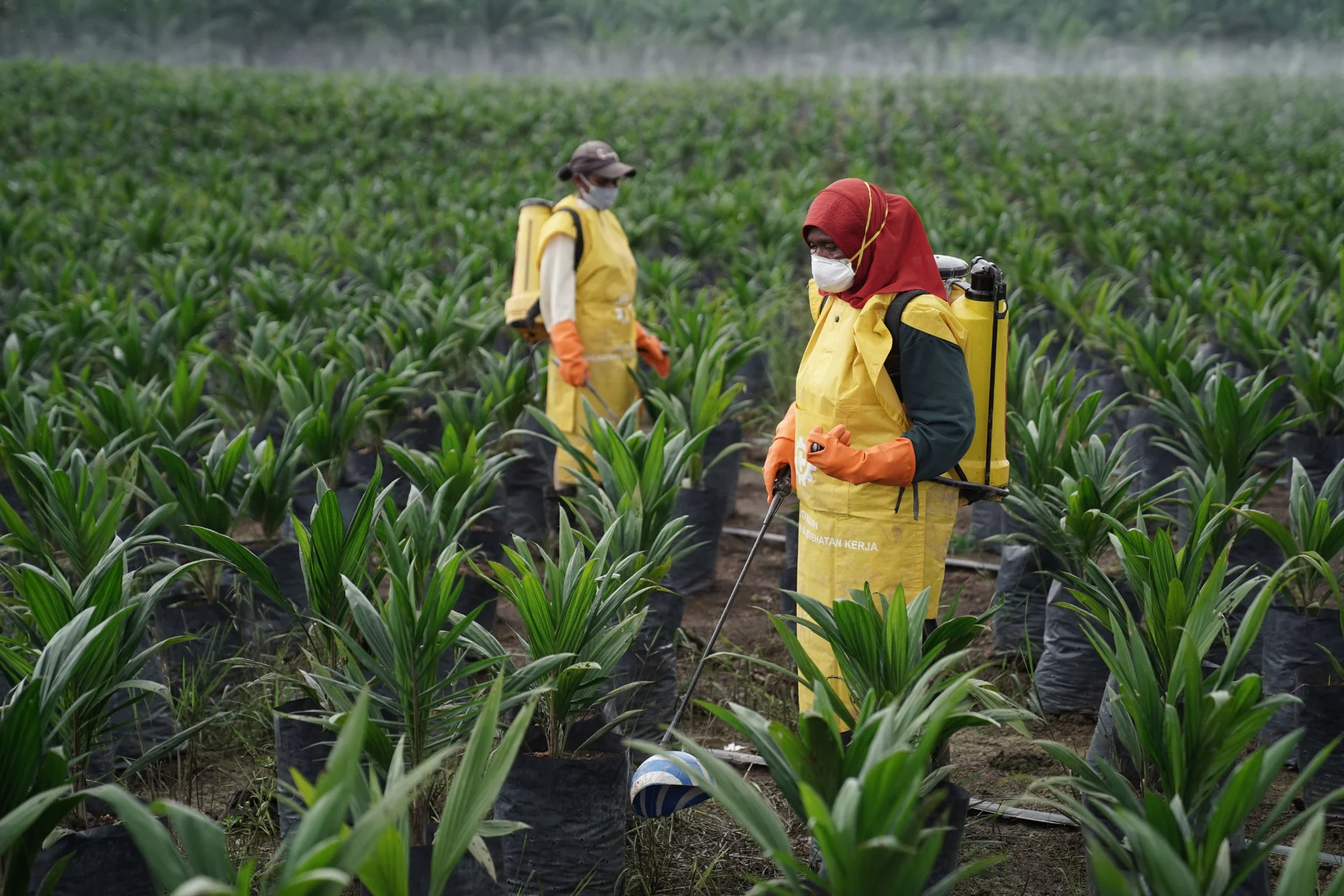
Program CSR dan Kontribusi Pada Tujuan Pembangunan Berkelanjutan (TPB)
Pengembangan Masyarakat
Pengembangan Masyarakat
Peternakan, terdiri dari peternakan unggas (ayam dan itik), ruminansia kecil (kambing, babi) ruminansia besar (sapi).
Perikanan air tawar, terdiri dari perikanan air deras, kolam, dan perikanan tangkap.
Industri rumah tangga, pengrajin kerupuk ikan dan gandum, pengrajin anyaman rotan, ukiran kayu.
Kegiatan usaha lainnya: pandai besi, kegiatan usaha daur ulang.
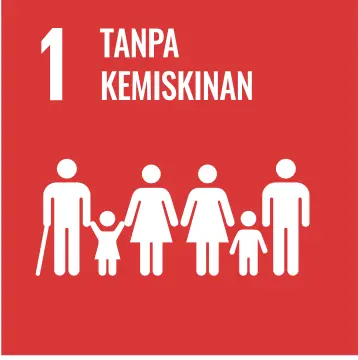
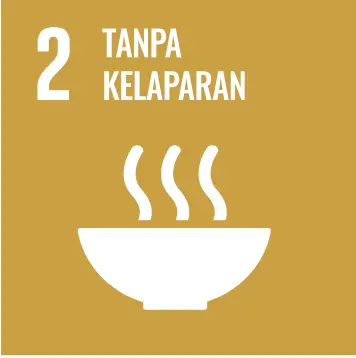
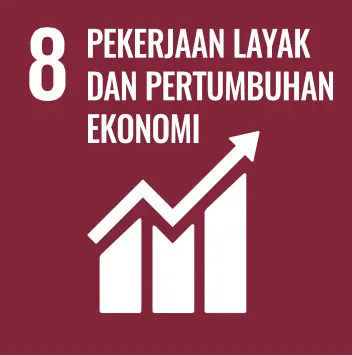
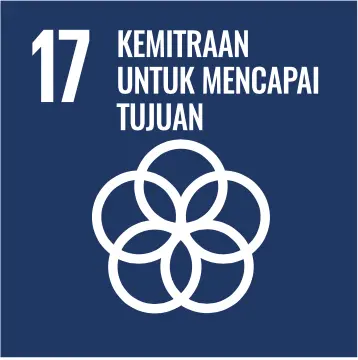
Kepedulian dan Perlindungan Lingkungan Hidup
Kepedulian dan Perlindungan Lingkungan Hidup
Program pemeliharaan bak-bak sampah dan pemeliharaan sarana air bersih.
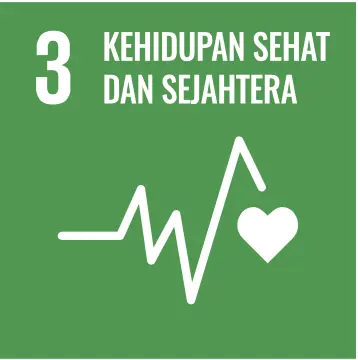

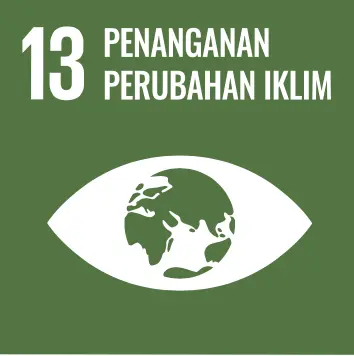
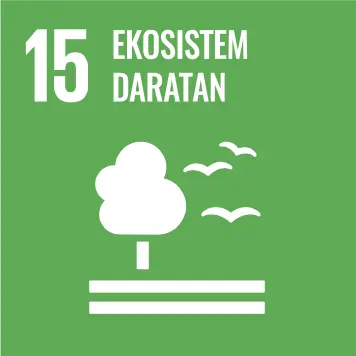
Pembangunan dan Pemeliharaan Jaringan Infrastruktur
Pembangunan dan Pemeliharaan Jaringan Infrastruktur
Pembangunan, perbaikan, dan pemeliharaan jalan, saluran drainase, jembatan, gorong-gorong.
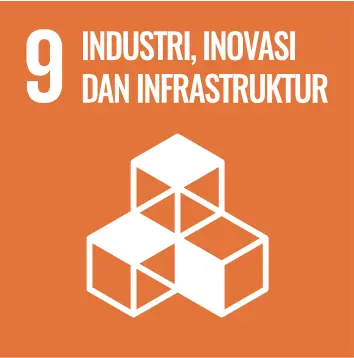
Kepedulian Sosial
Kepedulian Sosial
Kesehatan: pemeliharaan sarana air bersih, imunisasi (bekerja sama dengan Puskesmas), penambahan gizi anak.
Pendidikan: beasiswa, pengadaan sarana belajar di ruang kelas, sarana internet, bantuan honorarium tenaga pendidik.
Keagamaan: pembangunan dan pemeliharaan sarana ibadah, memfasilitasi kegiatan dan upacara keagamaan.
Olahraga: bantuan alat olahraga, perbaikan sarana olahraga, partisipasi dalam event olahraga.
Seni dan budaya: bantuan peralatan musik dan tari tradisional, memfasilitasi upacara dan kegiatan adat pembinaan kelompok seni/budaya lokal.
Bencana alam: bantuan kepada korban bencana alam.

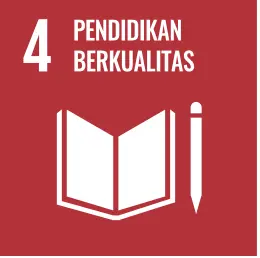
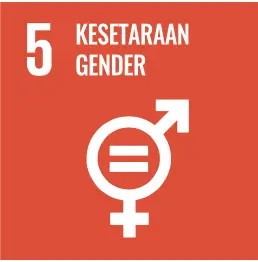
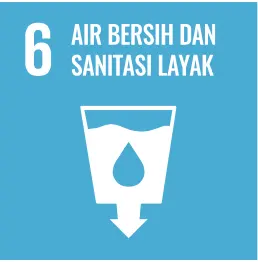
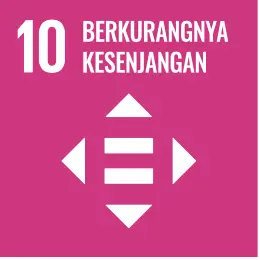
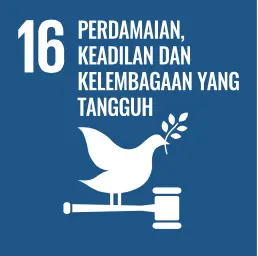

Resolusi Konflik
Dalam penanganan konflik, EHP percaya bahwa penyelesaian konflik harus dilakukan dengan cara-cara tanpa kekerasan. Perusahaan akan memprioritaskan hukum dan memerhatikan hak-hak masyarakat lokal untuk dapat mencapai resolusi yang dapat diterima kedua belah pihak. EHP melibatkan pemangku kepentingan terkait secara rutin untuk mencegah ataupun menyelesaikan perselisihan yang mungkin terjadi. Untuk memitigasi terjadinya risiko konflik yang berhubungan dengan lahan dan perijinan, Perusahaan melakukan negosiasi dengan pihak terkait untuk mencapai persetujuan bersama serta melakukan penanganan melalui program CSR, mekanisme penanganan keluhan, dan mekanisme resolusi konflik.

Detail Proses Dalam Menangani Konflik Tanah
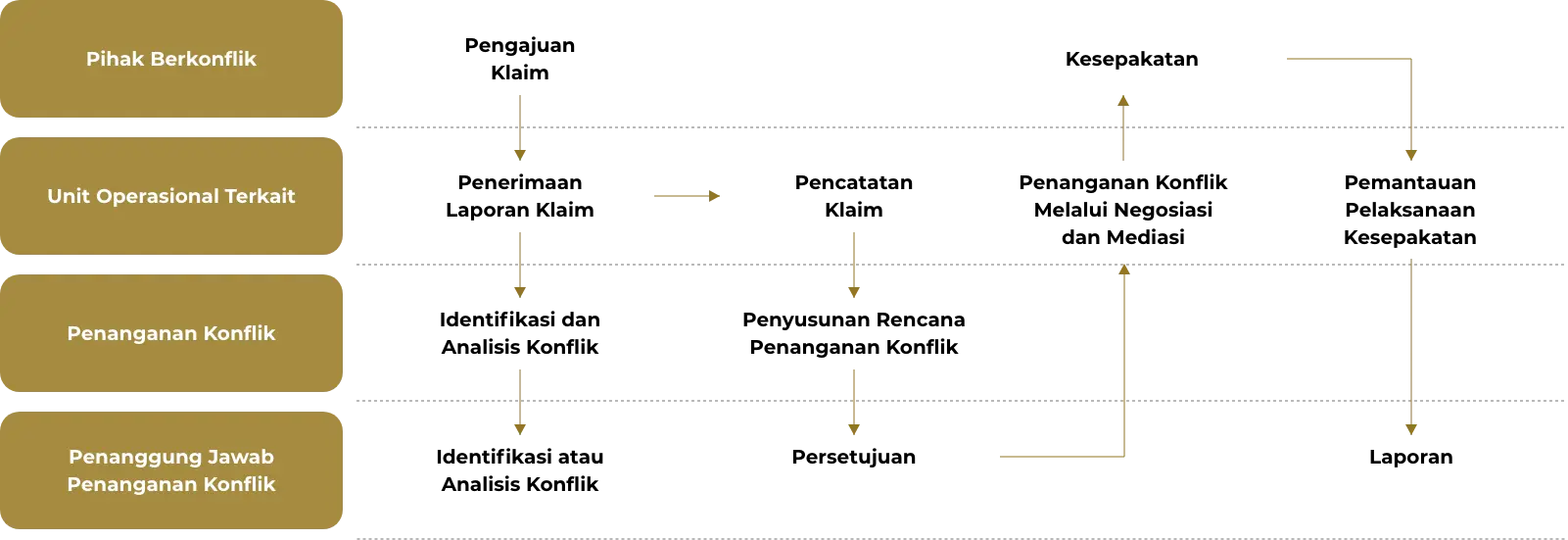
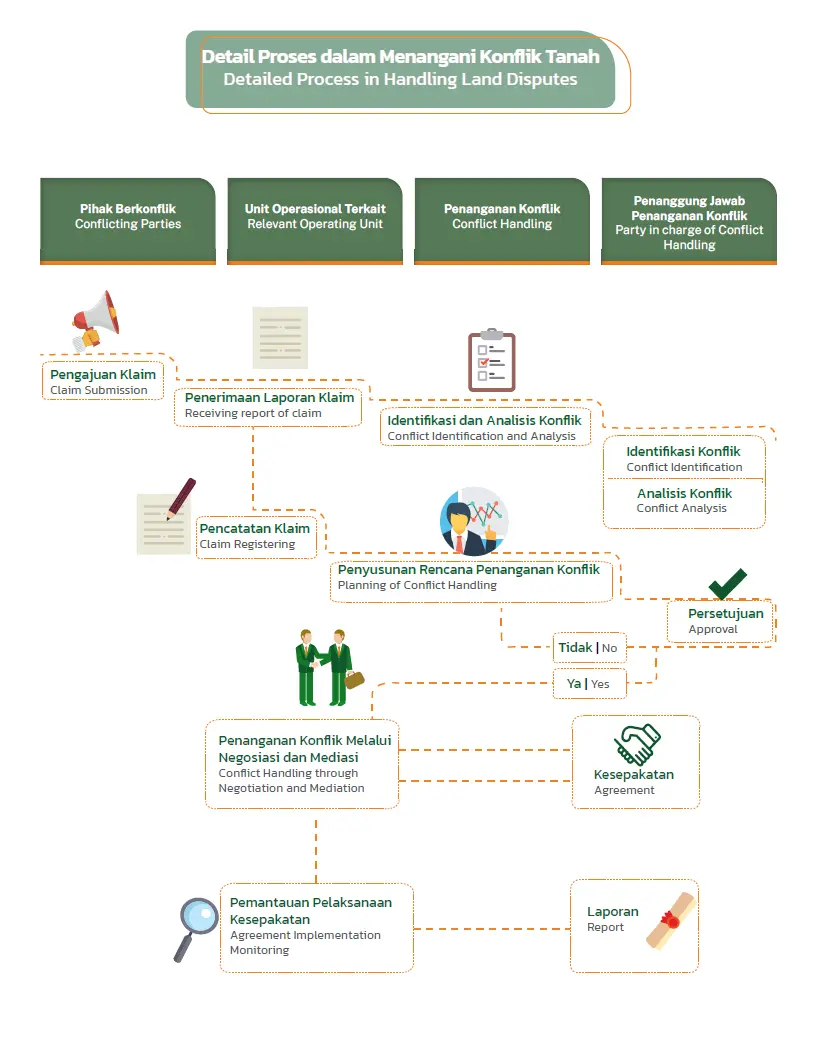
HAK ASASI MANUSIA DAN KETENAGAKERJAAN
EHP juga berkomitmen dalam menghormati Hak Asasi Manusia (HAM) sebagaimana didefinisikan dalam Pernyataan Umum tentang Hak-hak Asasi Manusia (UDHR) dan Konvensi Inti Organisasi Buruh Internasional (ILO Core Conventions) sesuai dengan hukum Republik Indonesia. EHP juga secara aktif mengintegrasikan elemen hak asasi manusia ke dalam praktik-praktik bisnis di seluruh rantai nilainya.
Selain itu, Perusahaan harus menjunjung tinggi kebebasan berserikat dan pengakuan efektif atas hak untuk melakukan perundingan bersama. Hal ini dilakukan melalui kegiatan memfasilitasi pembentukan asosiasi karyawan, sosialisasi dan implementasi peraturan perusahaan mengenai Kebijakan hak asasi manusia, perburuhan dan lingkungan kepada karyawan.
EHP juga memberikan imbal jasa (remunerasi) untuk karyawan yang telah disesuaikan dengan ketentuan perundang-undangan dan aturan standar Upah Minimum Provinsi (UMP). Seluruh karyawan (100%) menerima upah yang setara dengan UMP. Perusahaan mematuhi persyaratan upah yang berlaku sesuai dengan peraturan pemerintah, yang terdiri dari gaji pokok serta tunjangan tetap dan variabel di seluruh wilayah operasional kami. Sebagai anggota RSPO, kami juga berkomitmen untuk memenuhi pembayaran Upah Hidup Layak sesuai dengan Prinsip dan Kriteria RSPO 2018 Kriteria 6.2 yang mengharuskan bahwa gaji dan kondisi untuk staf dan pekerja, serta pekerja kontrak, memenuhi standar hukum dan/atau industri minimum dan cukup untuk memberikan Upah Hidup Layak (DLW).
Selain itu, seluruh karyawan laki-laki dan perempuan, baik karyawan tetap maupun sementara, mendapatkan remunerasi dengan sama rata dengan rasio 1:1 atau tanpa membedakan gender.